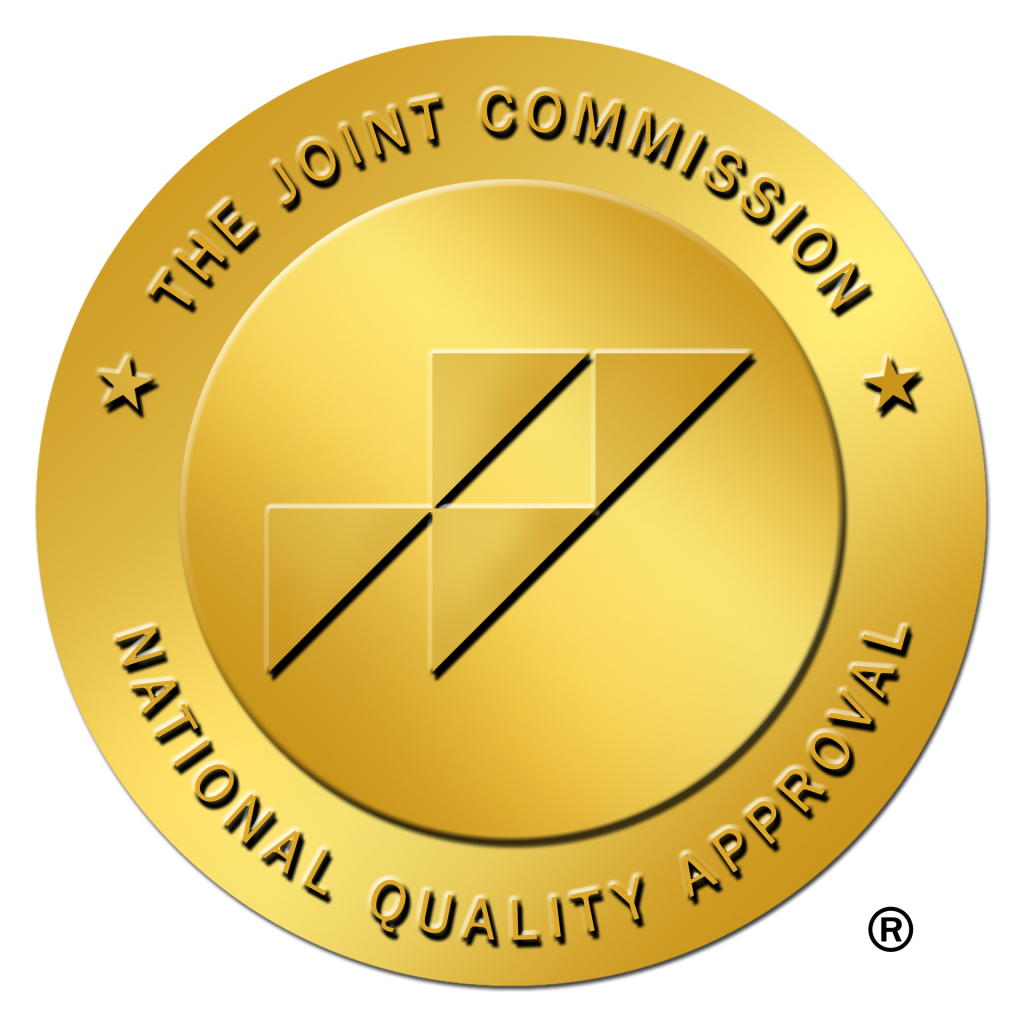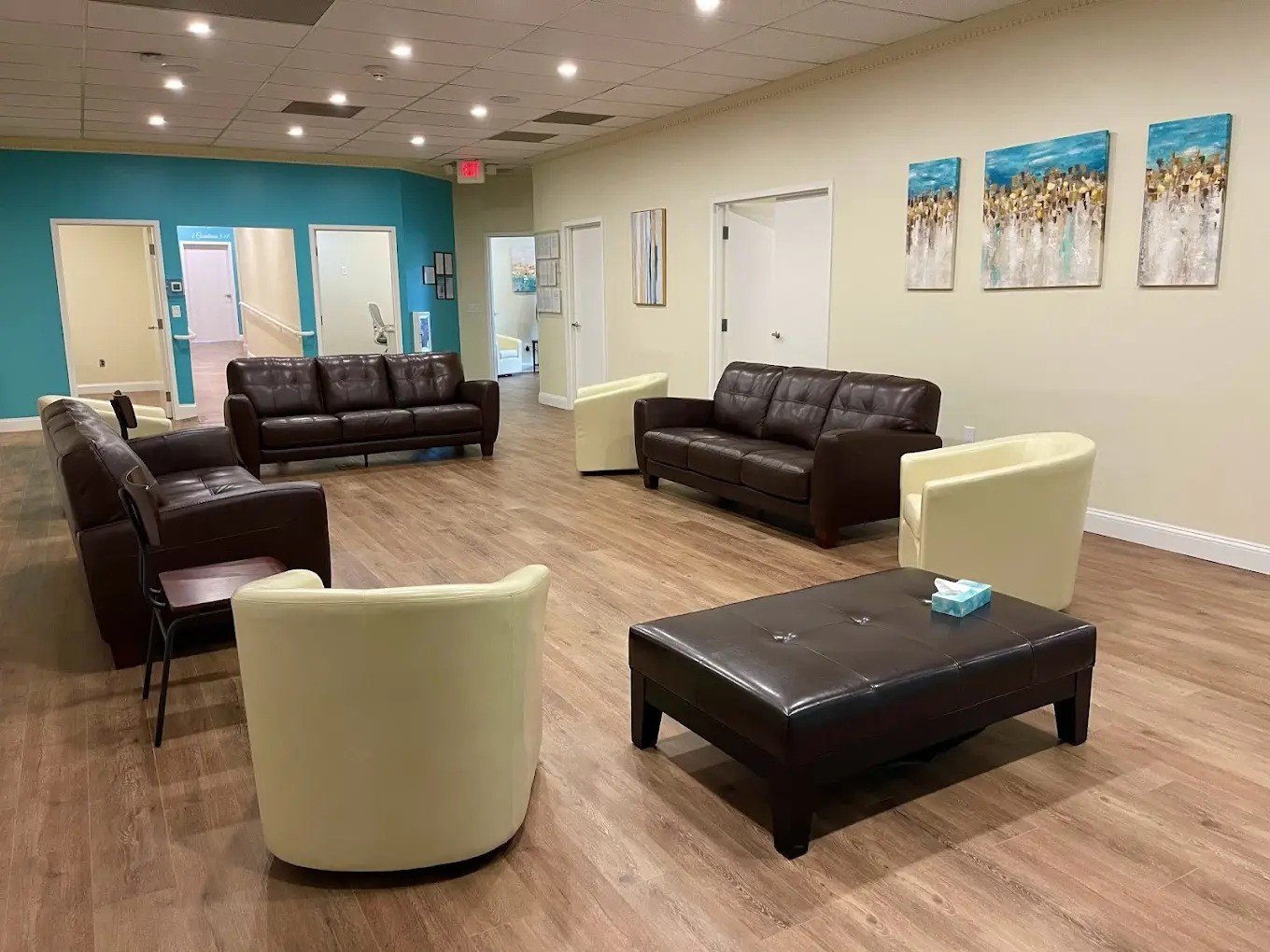Aftercare Program Nj
Exploring Aftercare Opportunities in NJ
New Jersey offers a variety of aftercare programs, catering to diverse needs and lifestyles. These programs are designed to promote lifelong recovery and provide ongoing support to individuals following outpatient treatment. One standout offering is the use of personalized treatment plans, which ensure each participant receives tailored guidance on their path to sustained recovery.
Aftercare programs in the state aim to fill the gap between formal treatment and independent living, ensuring clients maintain the skills and strategies needed to lead substance-free lives. Programs such as those offered by New Chapter Recovery prove pivotal in this transition, where they craft customized approaches for continued success.
Services Provided by New Chapter Recovery
New Chapter Recovery, located in Parsippany-Troy Hills, NJ, is renowned for its comprehensive range of services that support the aftercare journey. These services include dual diagnosis treatments that address both substance use and co-occurring mental health issues, thus providing a holistic recovery experience. By integrating trauma-informed practices, New Chapter Recovery ensures individuals feel safe and empowered during their treatment journey.
Clients benefit from evidence-based therapies such as Cognitive Behavioral Therapy (CBT), Dialectical Behavioral Therapy (DBT), and Acceptance and Commitment Therapy (ACT), which play crucial roles in sustaining recovery. Group therapy sessions foster a sense of community and shared understanding, while individualized counseling ensures that personal challenges are addressed with care and expertise.
Outpatient Program Options
For those seeking flexible treatment solutions, New Chapter Recovery offers a continuum of outpatient options, including Partial Hospitalization Program (PHP), Intensive Outpatient Program (IOP), and Outpatient Program (OP). Each level is designed to help clients maintain their daily responsibilities while progressing through recovery.
The PHP allows individuals to engage in structured treatment during the day while returning home in the evenings, providing a balance between intensive care and personal freedom. These programs are ideal for individuals who require significant support but cannot commit to residential treatment.
Specialty Tracks Enhancing Recovery
New Chapter Recovery differentiates itself by offering specialty tracks such as animal-assisted therapy, veterans treatment, and faith-based recovery programs. These unique approaches help tailor recovery to individual preferences, fostering greater engagement and encouraging personal growth.
The animal-assisted therapy track, in particular, has shown remarkable results in helping clients reduce anxiety and build trust. For veterans, New Chapter Recovery offers programs that cater to their specific experiences and needs, integrating community and peer support to address issues unique to their service.
Faith-based recovery options offer spiritual guidance and a supportive environment for those seeking to incorporate their faith as a vital part of their recovery journey.
Importance of Family Support
The role of family in the recovery process cannot be overstated. New Chapter Recovery recognizes this and actively involves families in the treatment and aftercare programs. Family support is integral to achieving sustained recovery, as it helps build a robust support network that clients can rely on during challenging times.
Family therapy sessions facilitate open communication and help repair relationships that may have been strained due to addiction. These sessions also educate family members about addiction, enabling them to provide informed and empathetic support to their loved ones.
Through programs like family support groups and educational workshops, New Chapter Recovery empowers families to become active participants in the recovery process, strengthening bonds and promoting healthier family dynamics.
The Role of Technology in Aftercare
Integrating technology into aftercare programs has become increasingly prevalent, providing new avenues for support and engagement. At New Chapter Recovery, digital tools are seamlessly incorporated into treatment plans, enhancing accessibility and offering real-time support.
Teletherapy sessions allow individuals to receive counseling and group therapy remotely, ensuring ongoing care regardless of geographical barriers. Mobile apps can track progress, provide reminders for therapy sessions, and offer mindfulness exercises, all contributing to a more interactive and dynamic aftercare experience.
Technology bridges the gap between clients and their support systems, offering a convenient way to stay connected with therapists and peers, reinforcing the importance of continuous engagement in recovery.
Personalized Treatment Plans
Personalized treatment plans are at the heart of successful aftercare programs like those offered by New Chapter Recovery, where a dedicated team develops individualized strategies based on each client’s unique needs and goals. This tailored approach ensures clients receive targeted support that aligns with their personal circumstances and recovery journey.
These plans incorporate measurable goals, providing clear milestones for clients to achieve and celebrate. By setting achievable targets, individuals are encouraged to stay motivated and committed to their long-term recovery.
Relapse Prevention Strategies
Relapse prevention is a critical component of the aftercare program nj, emphasizing the importance of equipping individuals with the tools and strategies needed to maintain sobriety. At New Chapter Recovery, a variety of techniques are employed to minimize the risk of relapse, ensuring individuals are prepared for potential challenges.
Through techniques such as motivational interviewing and experiential therapy, clients learn to identify triggers and develop coping mechanisms to navigate high-risk situations. These proactive strategies empower them to make informed choices and reinforce their commitment to recovery.
Community Integration and Support
Successful reintegration into the community is a key goal of aftercare programs, as it fosters independence and self-sufficiency. New Chapter Recovery facilitates this process by offering support services that promote community involvement and personal growth.
Participating in community activities, volunteering, and continuing education are encouraged as part of the aftercare process, helping individuals build meaningful connections and regain a sense of purpose. New Chapter Recovery collaborates with local organizations to provide opportunities for clients to contribute positively to their communities, reinforcing the value of social engagement in recovery.
Utilizing Insurance and Financial Options
Navigating the financial aspects of aftercare can be daunting, but New Chapter Recovery helps alleviate this burden with a dedicated insurance verification team. This team expedites the process, ensuring that clients can focus on their recovery without financial stress.
By offering both in-network and out-of-network options, clients have the flexibility to choose coverage that best suits their financial situation. The center’s partnership with various insurance providers, including Tricare for veterans, ensures that aftercare services are accessible to a broad range of individuals.
Measuring Clinical Outcomes
New Chapter Recovery places a strong emphasis on measuring clinical outcomes to track the efficacy of its aftercare programs. By closely monitoring progress and outcomes, the center ensures that treatments remain effective and responsive to client needs.
Regular assessments and feedback loops are integral to this process, allowing clinicians to adjust treatment plans as necessary. This commitment to continuous improvement enhances the quality of care provided, ensuring clients achieve long-term success in their recovery journeys.
What makes aftercare programs in NJ, such as those at New Chapter Recovery, unique in supporting long-term recovery?
Aftercare programs in New Jersey, like New Chapter Recovery, stand out due to their comprehensive and personalized approach to sustained recovery. Each program is meticulously tailored to the individual’s unique needs, ensuring that clients receive continuous guidance and support. This personalized plan helps bridge the gap between formal treatment and independent living by maintaining and enhancing the coping skills acquired during primary treatment. What really sets New Chapter Recovery apart is their emphasis on integrating family support and leveraging technology to offer innovative solutions such as teletherapy and mobile apps for tracking progress. This approach not only fosters a supportive community but also equips clients with the necessary tools to handle real-world challenges, encouraging lifelong recovery. How does your personal support network contribute to your recovery journey?
Why is a dual diagnosis approach important in aftercare programs like those at New Chapter Recovery?
In aftercare programs, addressing both substance use and any co-occurring mental health disorders is crucial for long-term success. New Chapter Recovery’s dual diagnosis services ensure that clients receive a holistic treatment experience, tackling the root causes of addiction and mental health issues simultaneously. For instance, if a client suffers from anxiety that fuels their substance use, failing to address the anxiety could lead to a relapse. By offering therapies such as CBT and DBT alongside trauma-informed care, the center empowers individuals to navigate their mental health challenges effectively. What are some co-occurring issues you think affect recovery, and how might they be addressed?
What benefits do different outpatient program options provide at New Chapter Recovery?
Outpatient program options at New Chapter Recovery, including Partial Hospitalization Program (PHP), Intensive Outpatient Program (IOP), and Outpatient Program (OP), offer flexibility that caters to a diverse range of client needs. PHP provides an intensive level of care with the option to return home in the evenings, striking a balance between treatment and personal responsibilities. IOP offers more flexibility, making it ideal for those balancing work or education with recovery, while OP serves as a step-down, focusing on long-term relapse prevention. This continuum of care allows individuals to transition smoothly between levels of support as their recovery progresses, providing a sense of stability and control. How do you think flexibility in care impacts recovery outcomes?
How does technology enhance the aftercare experience at New Chapter Recovery?
Technology plays a pivotal role at New Chapter Recovery by making treatment more accessible and interactive. Tools like teletherapy ensure that clients receive consistent care regardless of location, breaking down geographical barriers to treatment. Additionally, mobile apps offer features like mindfulness exercises, session reminders, and progress tracking, which keep clients engaged in their recovery journey. This integration of technology not only provides convenience but also reinforces continuous engagement and accountability. Imagine having a recovery app that helps track your mood and triggers–how could this aid your journey?
What is the significance of personalized treatment plans in the recovery process?
Personalized treatment plans are at the core of effective aftercare, adapting to the unique needs, goals, and challenges of each client. At New Chapter Recovery, these plans are developed by a multidisciplinary team who take into account the individual’s history, preferences, and recovery goals. The plans include measurable milestones that motivate continuous progress and provide a clear roadmap for recovery. By focusing on personalized care, clients feel more understood and supported, which can lead to higher engagement and better outcomes. Have you experienced a tailored approach in your journey, and how did it impact your recovery?
How are relapse prevention strategies implemented in aftercare programs like New Chapter Recovery?
Relapse prevention is a cornerstone of aftercare at New Chapter Recovery, utilizing proactive techniques to help clients maintain sobriety. By incorporating methods such as motivational interviewing and experiential therapy, clients learn to identify personal triggers and develop robust coping mechanisms. These strategies empower individuals to make informed decisions and navigate high-risk situations with confidence. The center’s approach encourages clients to view setbacks as learning opportunities, fostering resilience and commitment to recovery. What strategies have you found effective in preventing relapse?
Why is family support integrated into aftercare programs at New Chapter Recovery?
Family support is crucial in the recovery journey, as it strengthens the support network that clients rely on during challenging times. At New Chapter Recovery, families are actively involved through therapy sessions, support groups, and educational workshops. These programs help repair relationships, educate loved ones about addiction, and equip them to provide empathetic support. By engaging families, the center ensures a comprehensive support system that bolsters the client’s recovery journey, highlighting the importance of shared understanding and communication. Reflect on the role your family plays in your recovery–how does their support shape your experiences?
How does New Chapter Recovery facilitate community integration as a part of aftercare?
Successful reintegration into the community is essential for fostering independence and self-sufficiency in recovery. New Chapter Recovery encourages participation in community activities, volunteering, and continuing education as key elements of the aftercare process. By collaborating with local organizations, the center provides clients opportunities to build connections and regain a sense of purpose. This social engagement not only enhances personal growth but also reinforces the value of giving back, contributing to a fulfilling and substance-free life. How do you envision community involvement supporting your recovery journey?
How does New Chapter Recovery assist clients with insurance and financial options for aftercare services?
Navigating the financial aspects of aftercare can be overwhelming, but New Chapter Recovery eases this burden with its dedicated insurance verification team. They conduct quick checks to expedite the approval process, allowing clients to focus on their recovery without financial stress. Offering both in-network and out-of-network options, including Tricare for veterans, the center ensures that aftercare services are accessible to a wide range of individuals. This level of support ensures that financial barriers do not impede access to quality care. What financial assistance would make accessing aftercare services more feasible for you?
How does New Chapter Recovery measure the effectiveness of its aftercare programs?
Measuring clinical outcomes is a critical part of ensuring effective aftercare at New Chapter Recovery. Regular assessments and feedback loops allow the center to monitor progress and adjust treatment plans as necessary, ensuring they remain responsive to client needs. This data-driven approach enhances the quality of care and helps clients achieve long-term recovery success. By setting clear and measurable goals, the center provides clients with a sense of achievement and motivation on their road to recovery. What outcomes do you find most indicative of success in your recovery journey?
Resources
- Substance Abuse and Mental Health Services Administration (SAMHSA) – SAMHSA is the leading agency within the U.S. Department of Health and Human Services working to reduce the impact of substance abuse and mental illness on America’s communities.
- National Institute on Drug Abuse (NIDA) – NIDA’s mission is to advance science on the causes and consequences of drug use and addiction and to apply that knowledge to improve individual and public health.
- American Psychiatric Association (APA) – The APA is the leading professional organization representing psychiatrists in the United States, advocating for their profession and providing resources for mental health treatment.
- National Alliance on Mental Illness (NAMI) – NAMI is the nation’s largest grassroots mental health organization dedicated to building better lives for the millions of Americans affected by mental illness.
- Centers for Disease Control and Prevention (CDC) – The CDC is a national public health institute in the United States that works to protect public health and safety through the control and prevention of disease, injury, and disability.






